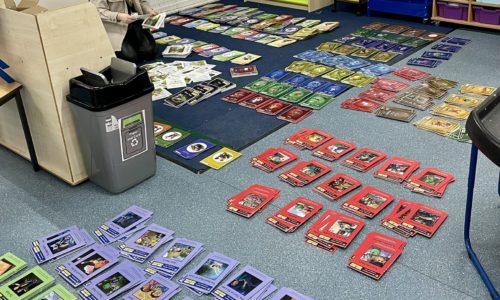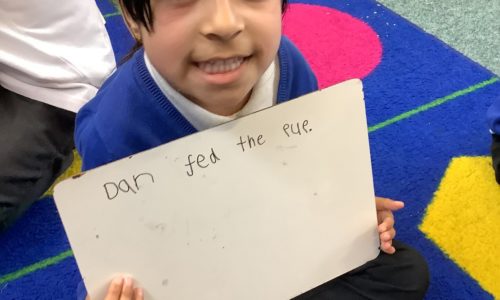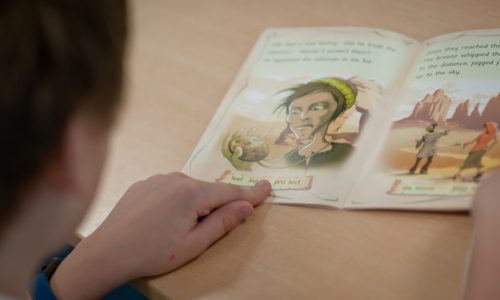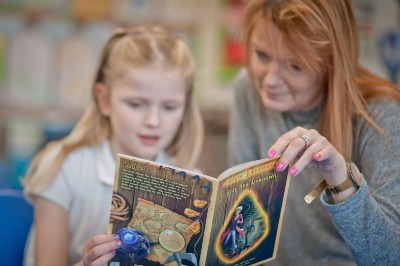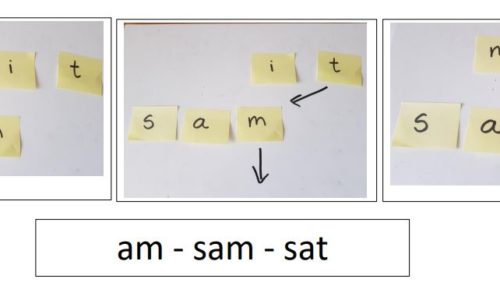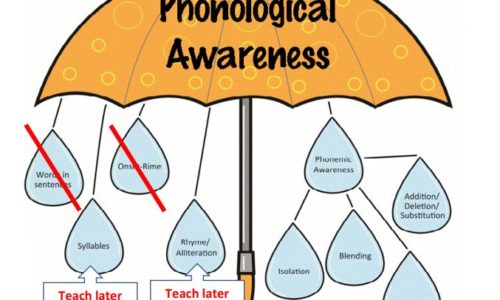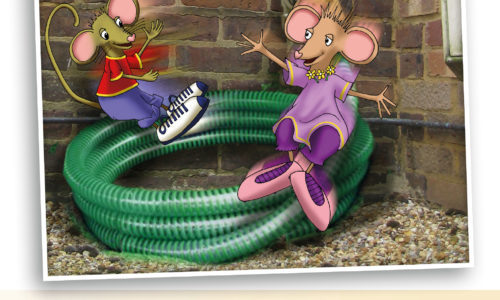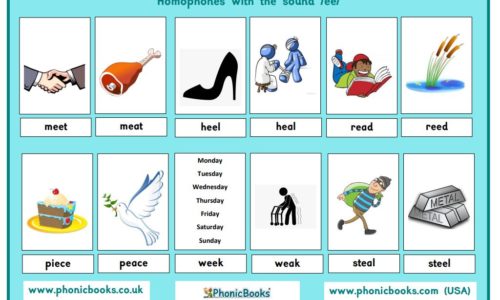
What are homophones? Homophones are words that sound the same but have different meanings. The word ‘homophone’ has a Greek origin: ‘Homo’ meaning ‘same’ and ‘phone’ meaning ‘sound’. So, the word ‘homophone’ means same-sounding words that have different meanings. Some homophones have the same spellings: for example, the words ‘row’ as in ‘to row a […]
Read More

